It takes place on the weekend of Pentecost, the fiftieth day after Easter Sunday when hundreds of thousands come to take part in the religious celebrations of the Virgin of El Rocio.
During the days before Pentecost, devotees make their way on horseback and in horse-drawn decorated carriages to El Rocio, a hamlet located within the municipality of Almonte in the province of Huelva, around 80 km away from Seville.
They come from Huleva, Seville and Cadiz and towns across the region to converge on El Rocío singing traditional flamenco 'cantos' and 'coplas' on the way. At night, the travellers strike camps along the route with bonfires, singing, dancing and feasting until the early hours.
By Saturday, all the religious brotherhoods meet for a procession to the shrine but it isn't until Monday morning that the statue of the Virgin Mary is taken out of her shrine and paraded through the town.
This is done so after hordes of worshippers “salto de la verja” (jump the fence) when they actually climb over the altar railings to reach the statue and carry it above their heads.
READ MORE: Twelve epic festivals in Spain to attend in 2019
It's a festival that dates back to the 17th century and has remained in essence largely unchanged, with people still making the pilgrimage on foot, horseback and in horse-drawn carriages and caravans.
Here's a selection of photographs from people making the pilgrimage to reach El Rocio taken by AFP photographer, Cristina Quicler.











READ ALSO: Horse deaths reveal dark side of Rocio pilgrimage

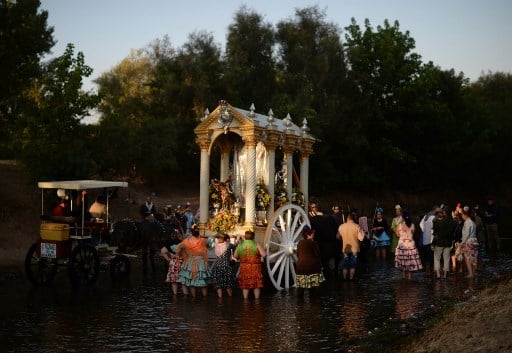
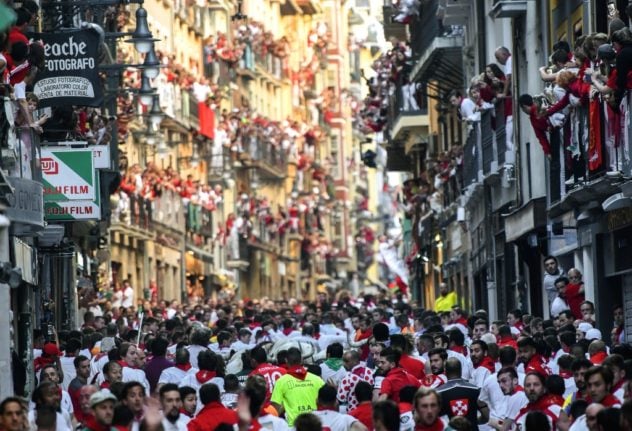
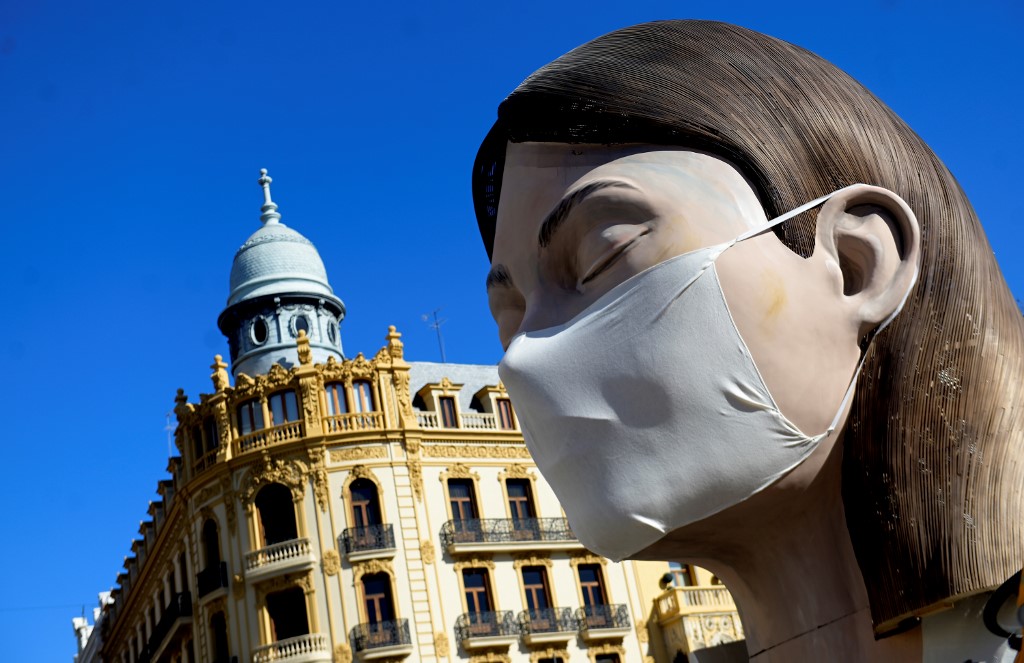
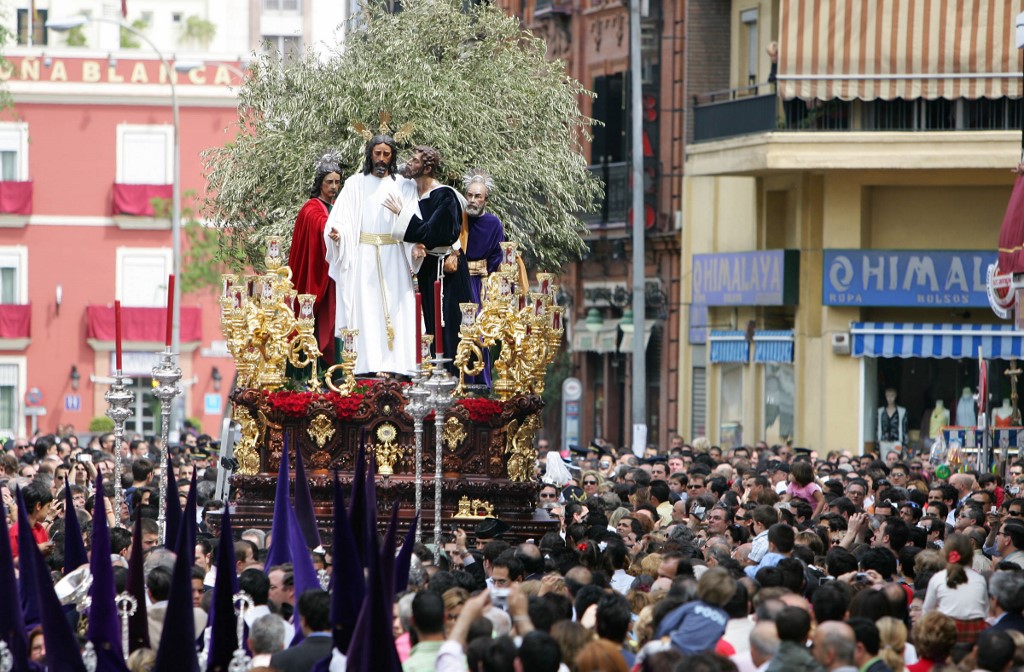
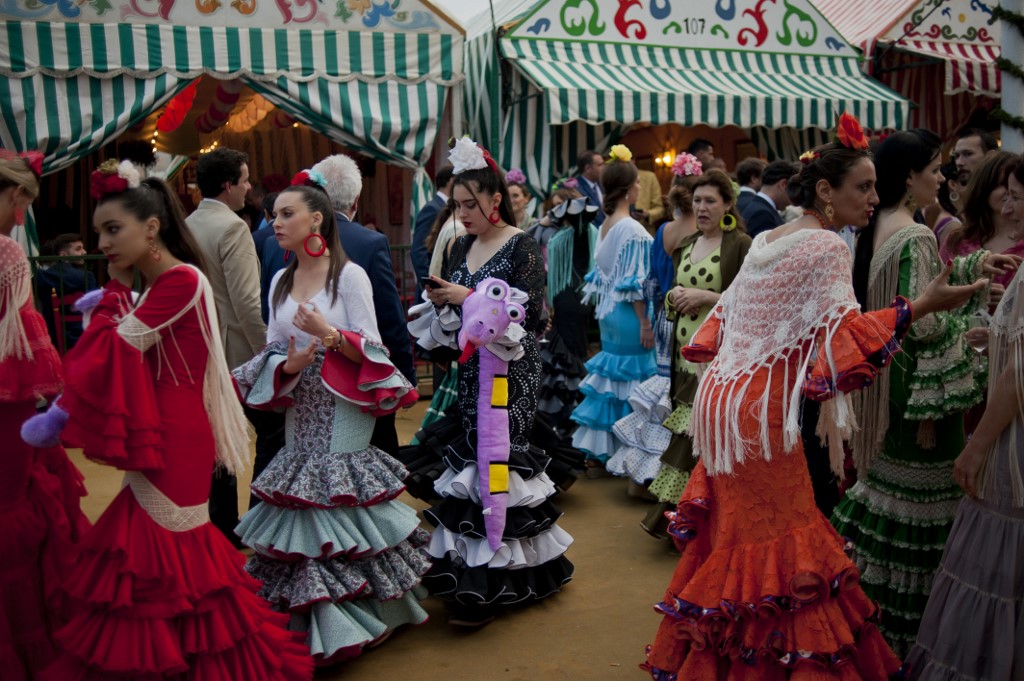

 Please whitelist us to continue reading.
Please whitelist us to continue reading.
Member comments